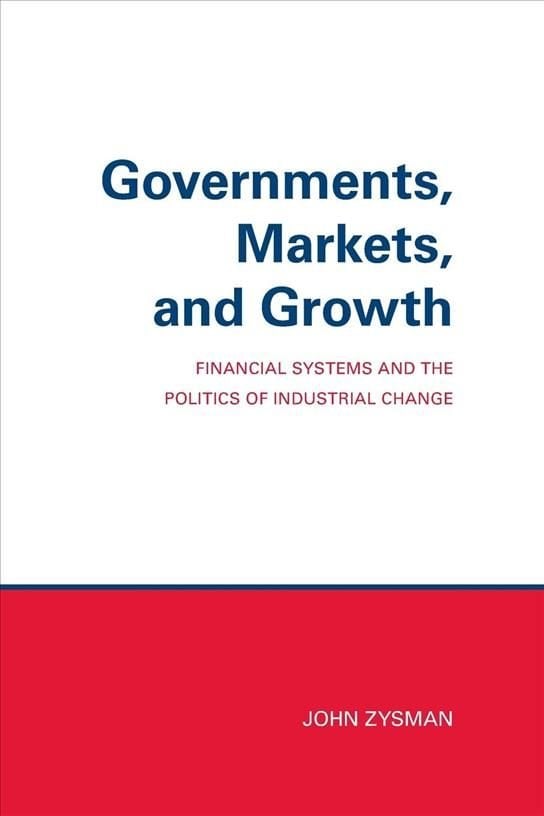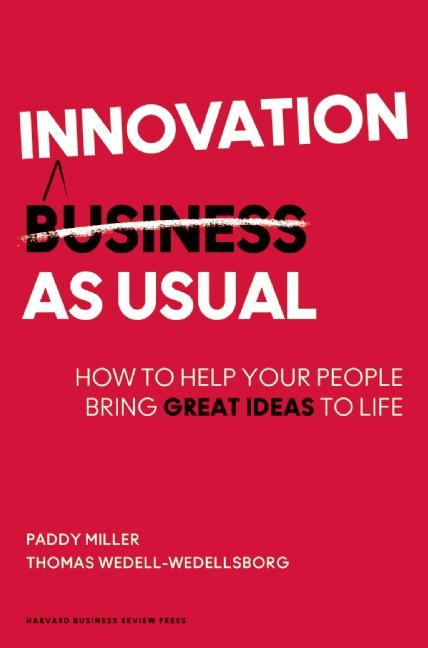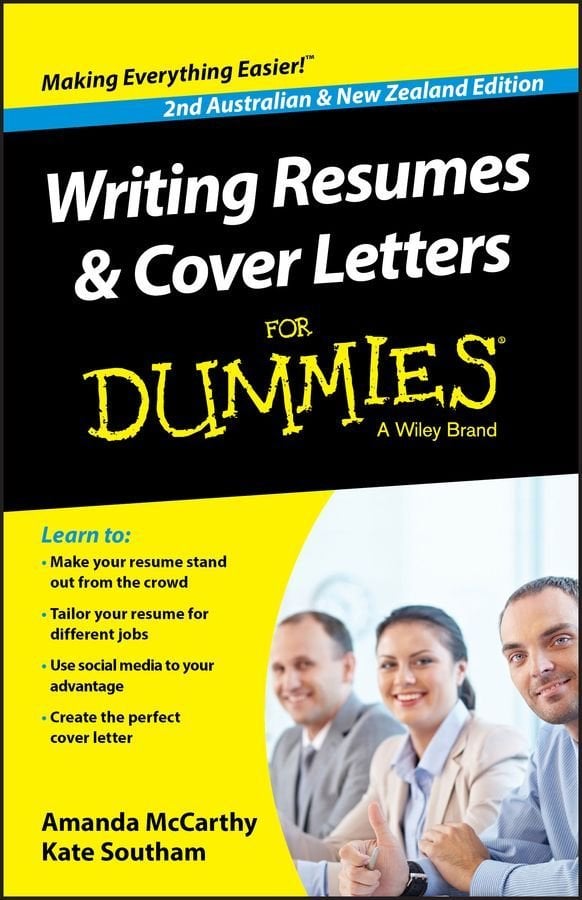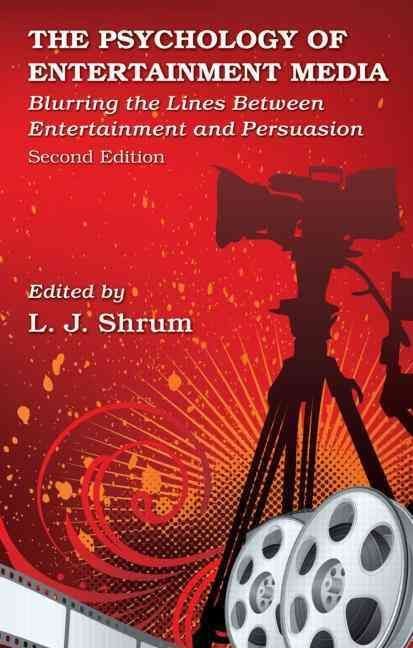Classical sociology considered money as central to the functioning of modern society, relating it to a progressive expansion of instrumental rationality and the emergence of weaker social ties. Modern money, the universal equivalent described by Simmel, facilitates the exchange of goods and values by providing a single unit of account. This “frees” people and things from traditional social ties and makes them free to “sell” their work and trade goods on markets that increasingly erode national borders. Modern money thus frees the individual from traditional social ties and facilitates the creation of ever larger and more inter-connected markets. Sardex money, on the other hand, seems to work in the opposite direction: the weak social ties of ordinary economic transactions are replaced by strong ones, characterised by a high level of reciprocity and by an ethical code. Furthermore the movement of goods is restricted to the regional level and much is done to promote economic exchanges between member companies.












